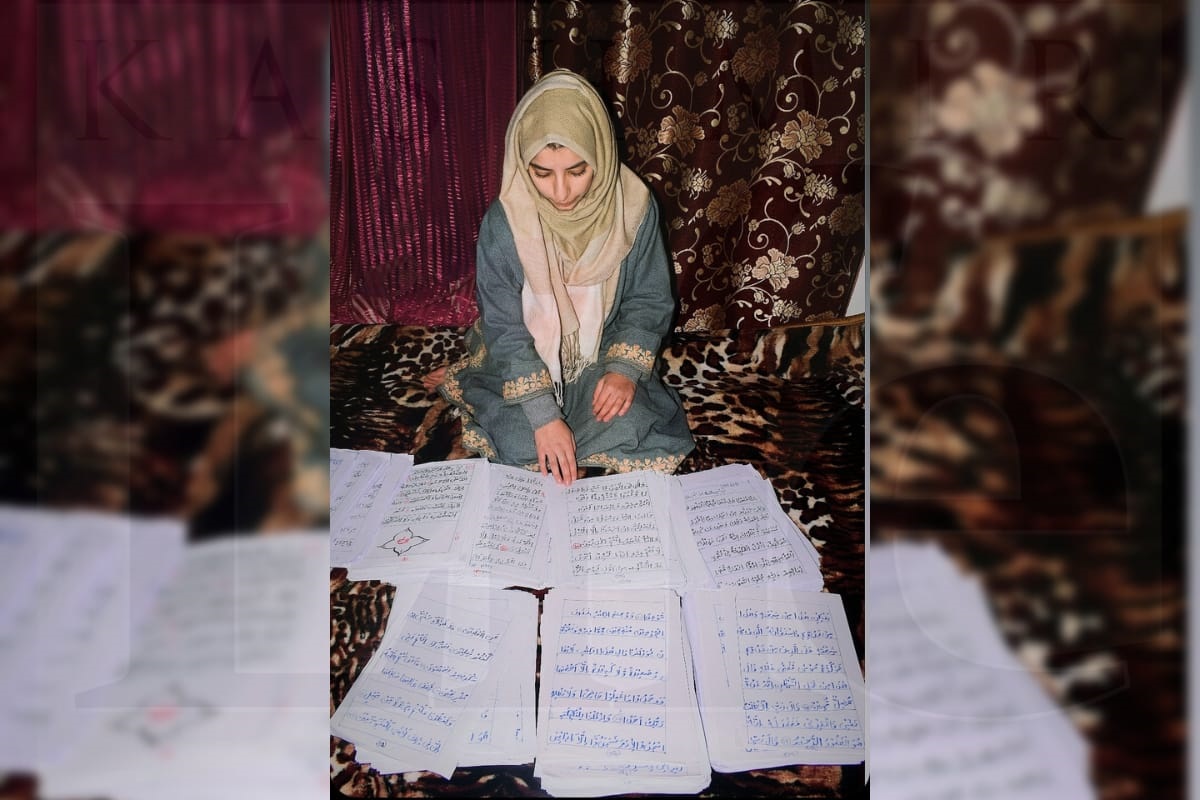by Zubair Lone
The total number of words in the Arabic Quran is 77,430. But the Quran in English (Saheeh International Translation) has around 158,962 words.

The Arabic language is said to have 400 words for lion, 300 for a sword, 255 for camel, 170 for water and 70 for rain with each of these words having a unique meaning and usage. This has been especially highlighted by several scholars over time including Abu Bakr al-Zubaydi. The tenth-century scholar from Andalusia (now Spain) has written several notable books on philology (the study of language especially its history and development), poetry and Islamic jurisprudence.
This expansive vocabulary gets especially overwhelming when you are starting out learning Arabic. Although, people may not use these words anymore in their daily conversations and you don’t need to learn them to understand Arabic. But the fact remains that the Arabic language has a staggering 12.3 million words!
The Arabic Root System
Every word in Arabic can be traced back to a root word. These root words are mostly three-letter and sometimes four-letter sequences, which represents a general concept or meaning.
What is more fascinating is how the meaning is encoded in the structure of the root word and subsequently into its derivatives and how that structure is relational in terms of enabling the creation of a family of words and concepts.
For example, the root ك ت ب (k-t-b) carries the meaning ‘to write’. From it comes ﻛِﺘَﺎﺑَﺔ – kitaba (writing), كَتَبَ –kataba (he wrote), مكتب- maktaba (library), كِتَاب – kitab (book), كَاتِب –katib (writer), مكتب –maktab (school or office or somewhere you write things),and so on. As such, all the words that stem from this root word will have a link to this meaning or concept.
This structure and relationality becomes more beneficial, and beautiful in how it conveys a depth of both meanings, emotion and word attitude is unmatched by many languages.
The most common word for love in Arabic, حب- hubb, comes from the same root (ح ب ب) as the word seed ﺣَﺒَّﺔ – that which has the potential to grow into something beautiful.
The word for heart, قلب –qalb, comes from the root word ق ل ب (q-l-b) means something related to turning, toppling or flipping. This root word becomes appropriate when we think of our hearts as something constantly turning over emotions, decisions and opinions. One more example of this involves the word for human, إنسان –insaan, which has the root ن س ي (n-s-y). means “to forget”, suggesting that to be human is to be inherently forgetful. The root ر ح م (r-h-m), which connects the word for a mother’s womb, rahm (رحم) to the word for loving mercy, rahma (رحمة).
From abundance to economy
Despite the expansive vocabulary, Arabs consider the ability to express the maximum meaning, in the smallest possible number of words (economy of words) as one of the key principles of fluency and eloquence, فَصَاحَة – fasaha.

In the court of Harun al-Rashid: The Khalifa asked the famous linguist and poet al-Asma’i to explain a poem full of difficult words. Al-Asma’i completed the task with ease. Harun al-Rashid said,” Verily O’ Asma’i strange words are not strange to you”. Asma’i replied, “O commander of the believers, how can it be otherwise? For I know 70 words for a rock!”
This فَصَاحَة – fasaha; the programmable and relational root words and their ability to convey a depth of meaning, emotion and attitude has been deployed by Allah at its finest in the Holy Quran. According to one of the estimates, the total number of words in the Arabic Quran is 77,430. But the Quran in English (Saheeh International Translation) has around 158,962 words. That is almost exactly twice the number of words!
(Zubair Lone is a Development Practitioner and works as a senior project consultant with a Big4 consulting firm. His interests include Literature, Philosophy, Scholastic Logic and Oriental and Islamic Studies. Ideas expressed in the write-up are personal.)















